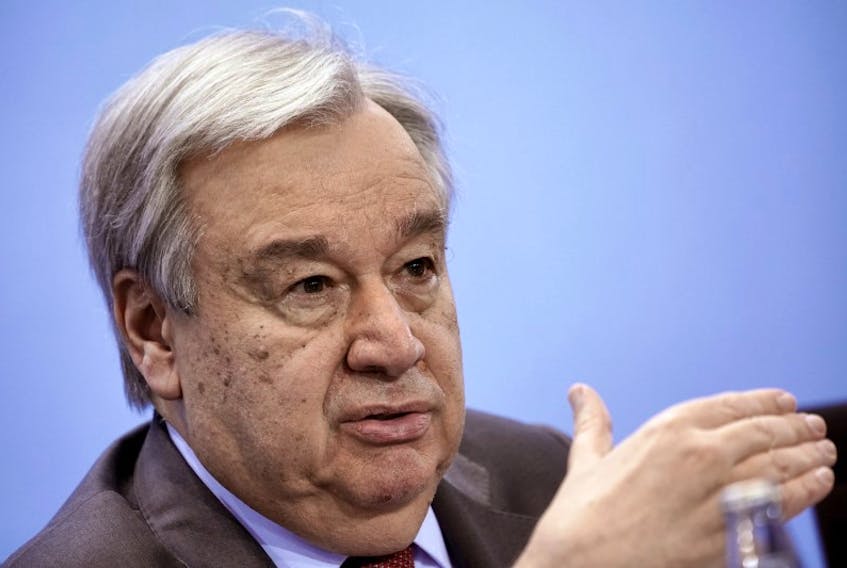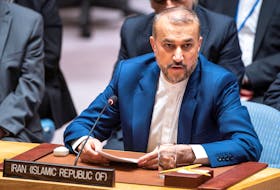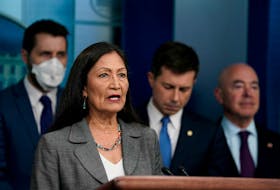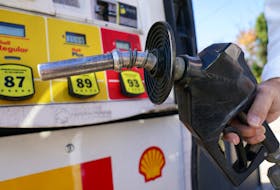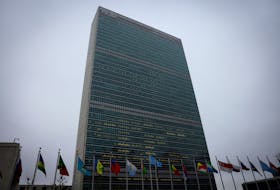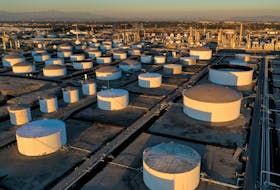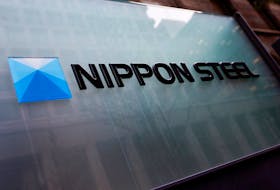By Tom Perry and Ellen Francis
BEIRUT (Reuters) - Lebanon's Hezbollah-backed government will be walking a political tightrope as it looks to secure urgent foreign funding to ward off financial collapse, and it may look to the International Monetary Fund for assistance.
Prime Minister Hassan Diab's cabinet is also facing increasingly violent protests against a political elite that has led Lebanon into its worst crisis since the 1975-90 civil war.
Formed by the Iranian-backed Hezbollah and its allies, the cabinet faces an economic crisis at a time when Gulf Arab states, who along with Washington label Hezbollah a terrorist group, appear no longer willing to bail out Lebanon.
U.S. Secretary of State Mike Pompeo, in a statement on the new government, did not refer to Hezbollah, but emphasized the need for reform and fighting corruption.
"Only a government that is capable of and committed to undertaking real and tangible reforms will restore investor confidence and unlock international assistance for Lebanon," Pompeo said.
President Michel Aoun tasked the government at its first meeting on Wednesday with restoring international confidence, which could unlock funding and ease a liquidity crunch that hit the Lebanese pound, fueled inflation and forced bank controls.
A senior politician, Alain Aoun, told Reuters on Wednesday that an IMF program is an option for Lebanon depending on terms that should be bearable for the country and not trigger social unrest.
On Wednesday, some protesters unhappy with the new cabinet breached a small security barricade near parliament in downtown Beirut and set on fire a tent for security forces, who responded with tear gas and water cannon.
The skirmishes extended to a nearby luxury shopping district. A civil defense worker told local media some people suffered slight injuries. Last weekend, hundreds were injured in similar clashes.
Lebanon had been without effective government since Saad al-Hariri, the country's main Sunni Muslim leader and a traditional ally of the West and Gulf states, resigned as premier in October.
Diab's cabinet was formed on Tuesday by Hezbollah and allies, including the Free Patriotic Movement founded by Aoun, without the participation of major Lebanese political parties that enjoy Western support.
Lebanon sovereign dollar-bonds moved higher by as much as 1 cent on Wednesday with the formation of a government.
"DELICATE MISSION"
Lebanon, burdened with a public debt equivalent to about 150% of GDP, won pledges exceeding $11 billion at an international conference in 2018 conditional on reforms that it has so far failed to implement.
"Your mission is delicate," President Aoun's office cited him as telling the cabinet. "It is necessary to work to tackle the economic situation, restore the confidence of the international community in Lebanese institutions and reassure the Lebanese about their future."
Diab has said his first trip abroad would be to the Gulf region - but he will have his work cut out to reassure U.S.-allied rulers there who are concerned about Hezbollah's rising influence in Beirut.
Lebanon's banking association said on Wednesday it expected the cabinet to put forward a clear economic and financial program, offering the banks' support.
A push by Lebanon to rein in a parallel market for dollars hit a snag on Wednesday when currency dealers largely refused to sell at a lower price agreed by the union of exchange dealers with the central bank.
Highlighting challenges ahead, Finance Minister Ghazi Wazni told local media it was unlikely the Lebanese pound exchange rate to the U.S. dollar would "return to what it was" on the parallel market.
Wazni had also described forthcoming foreign currency sovereign debt maturities as "a fireball".
Lebanon should restructure its Eurobonds, including a $1.2 billion Eurobond maturing in March, and secure a multi-billion-dollar IMF bailout, its former labor minister Camille Abousleiman told Reuters.
"I don't see the logic of the system leaking $500 to $600 million out of Lebanon on the March payment when an actual restructuring of the Eurobonds is next to inevitable."
(Reporting by Tom Perry, Ellen Francis with additional reporting by Tom Arnold, Eric Knecht, Alaa Kanaan and Imad Creidi in Beirut, Karin Strohecker in London, and Humeyra Pamuk in the United States; Writing by Ghaida Ghantous; Editing by Tom Hogue and Mark Heinrich)

